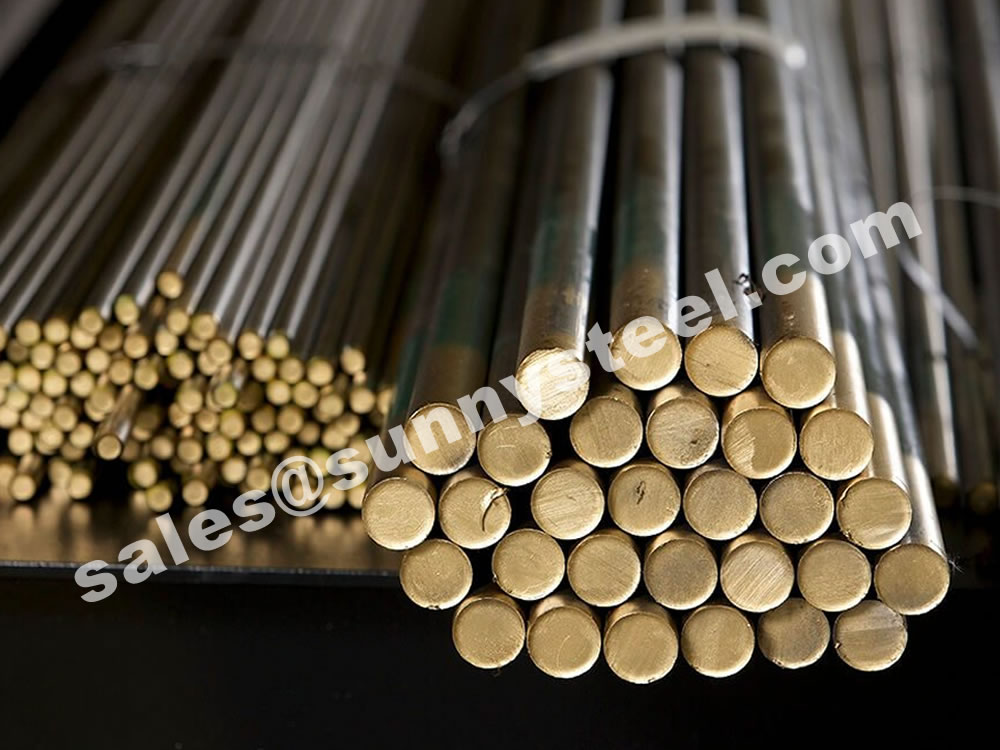
Alloy 20 is an austenitic stainless steel containing less than 50% iron developed for applications involving sulfuric acid.
Alloy 20 is one of the so-called “Super” stainless steels that was designed for maximum resistance to acid attack. Its nickel, chromium, molybdenum and copper content contribute to its overall resistance to chlorideon stress corrosion cracking and general pitting attack. The alloy is stabilized with columbium to minimize carbide precipitation during welding.
Alloy 20 is an austenitic nickel alloy designed to offer high levels of resistance to sulfuric and nitric acids, making it ideal for power generation, pharmaceutical manufacturing, and food processing applications. It provides good resistance to corrosion and chlorine-induced stress cracking and to abrasive and impact damage. Alloy 20 has a maximum operating temperature of 986°F/530°C.
Alloy 20 has similar properties to Grade 316 Stainless Steel. It is sometimes used as a substitute for stainless in chloride-rich environments – as Alloy 20 offers better resistance to chloride-induced corrosion cracking than 316.
| AVAILABILITY | SPECS | |
|---|---|---|
| 150# FITTINGS | 1/4" - 2" | B366 |
| FORGINGS | B462 | |
We supply round bar Alloy 20 in diameters from 25.4mm to 127mm, in annealed condition to meet ASTM B472.
| TENSILE REQUIREMENTS | |
|---|---|
| TENSILE STRENGTH | (KSI) 80 |
| YIELD STRENGTH | (KSI) 35 |
| ELONGATION | 30% MIN. |
Alloy 20 is easier and cheaper to fabricate than Alloy C276. Machining speeds and feed rates are comparable, but the niobium content in Alloy 20 improves the alloy’s weldability compared to Alloy C276.
Alloy 20 is used to manufacture production plant for pharmaceuticals, food, explosives, chemical processing, and petroleum refinement. It is particularly useful in heat exchangers, process piping, mixing tanks, and metal cleaning, due to its exceptional heat resistance.
| C | NB + TA | CR | CU | FE | MN | MO | NI | P | S | SI |
|---|---|---|---|---|---|---|---|---|---|---|
| MAX | 8X Carbon | MAX | MAX | MAX | MAX | |||||
| 0.07 | 1.0 | 19.0 - 21.0 | 3.0 - 4.0 | BAL | 2.0 | 2.0 - 3.0 | 32.0 - 38.0 | 0.045 | 0.035 | 1.0 |
Alloy 20 is a high-performance austenitic stainless steel alloy designed for maximum resistance to acid attack, particularly sulfuric acid. It is also known as Carpenter 20 and offers superior resistance to pitting, crevice corrosion, and stress corrosion cracking, making it ideal for applications in chemical, petrochemical, and pharmaceutical processing industries.
